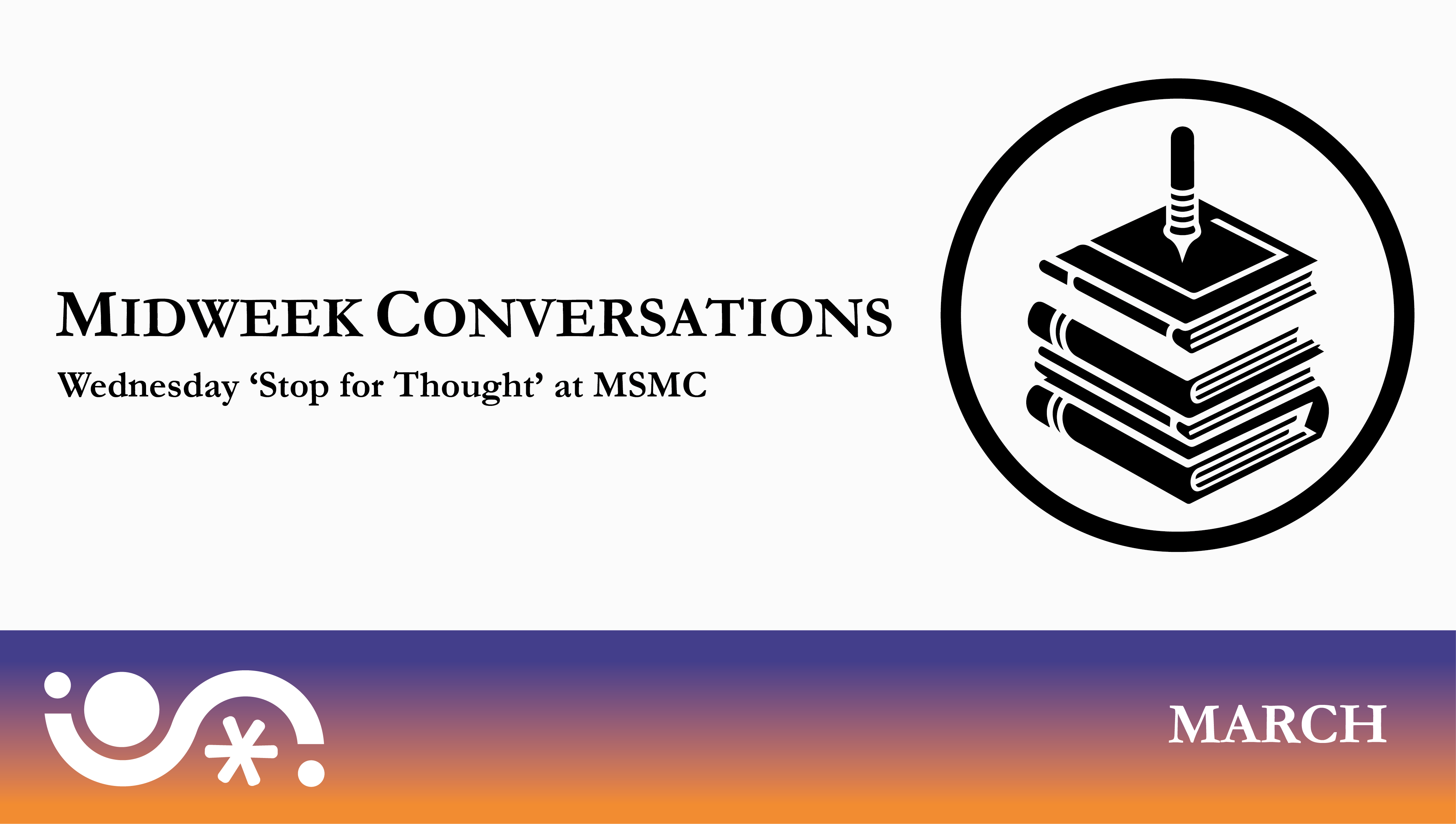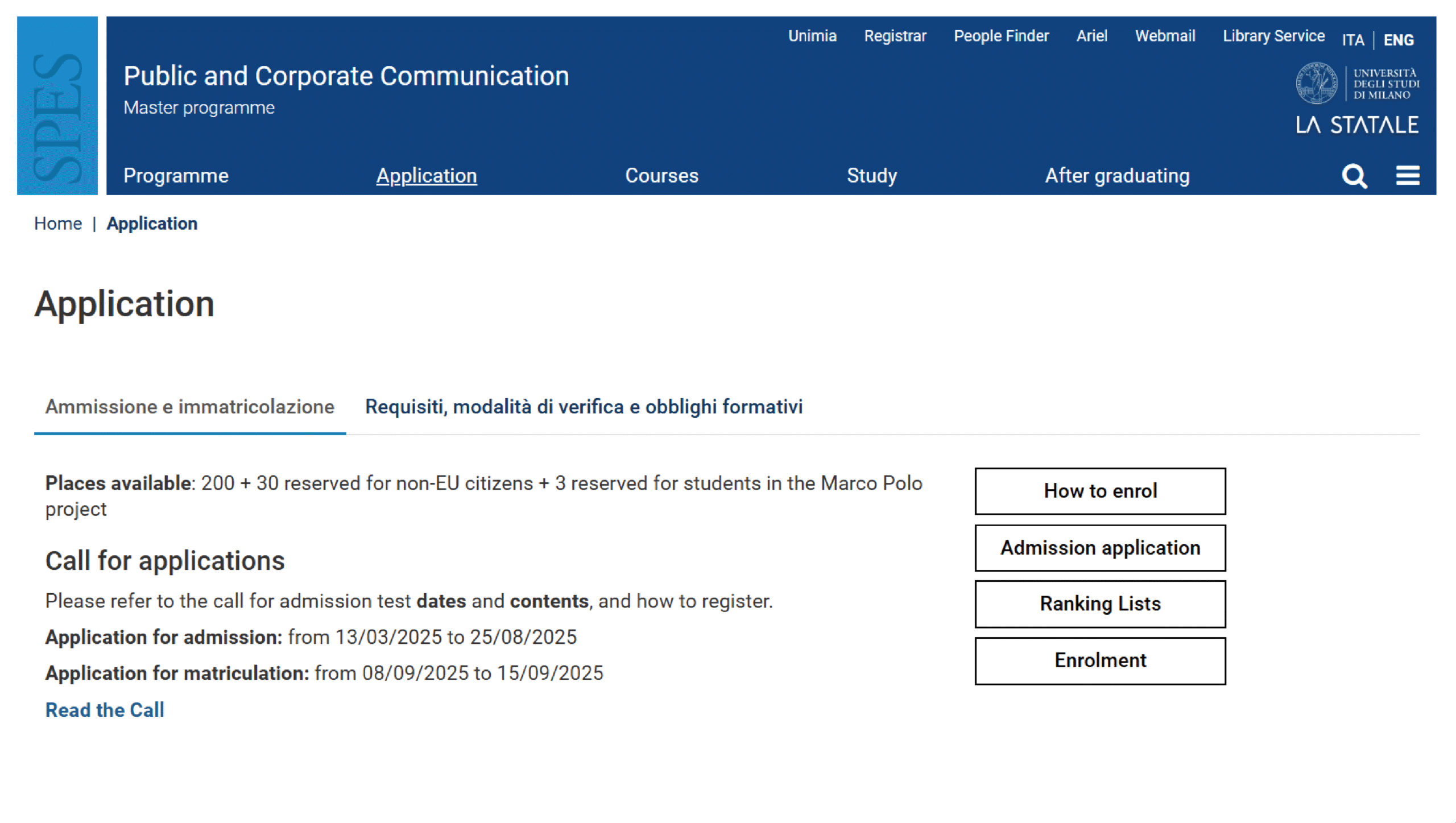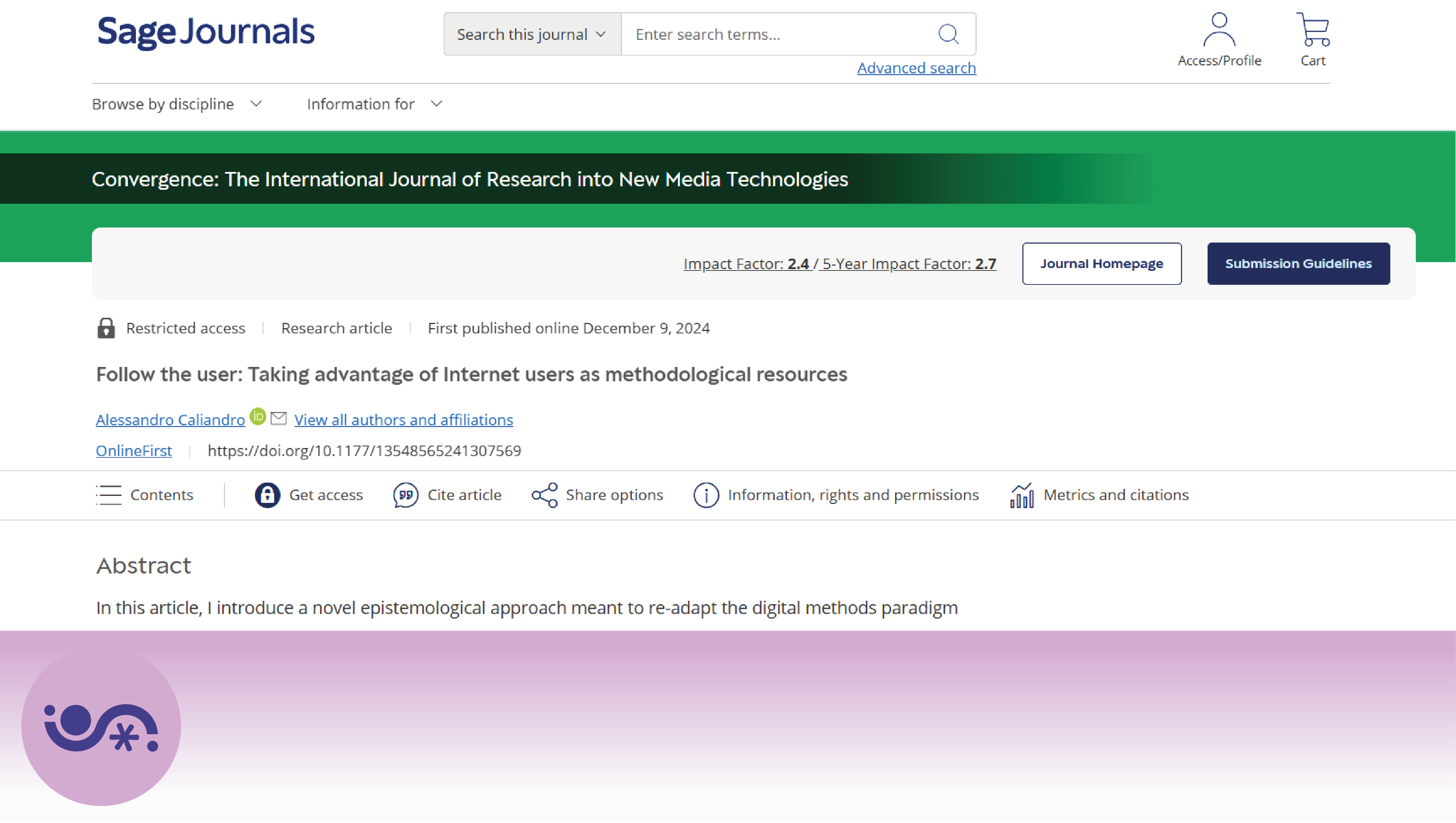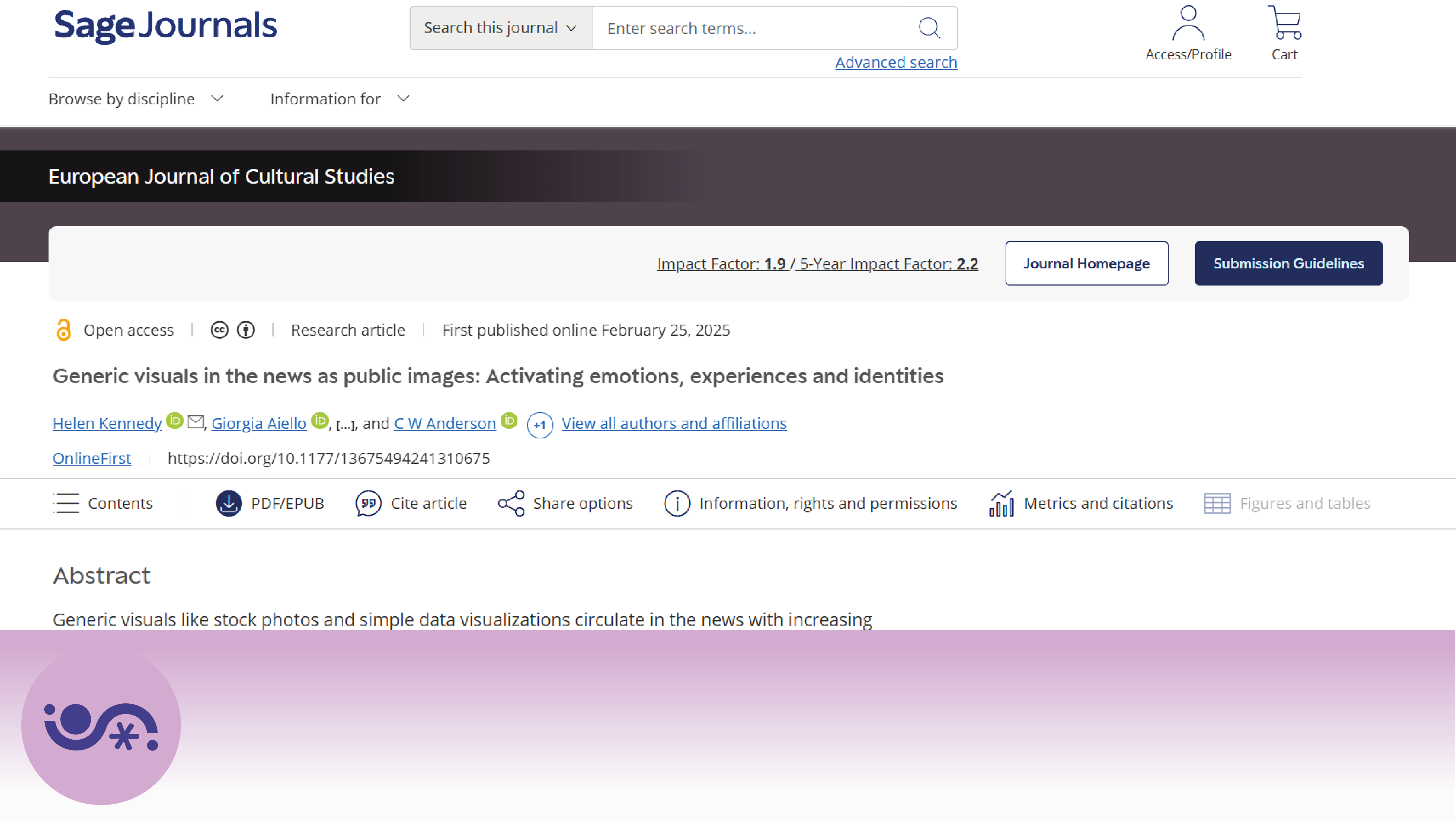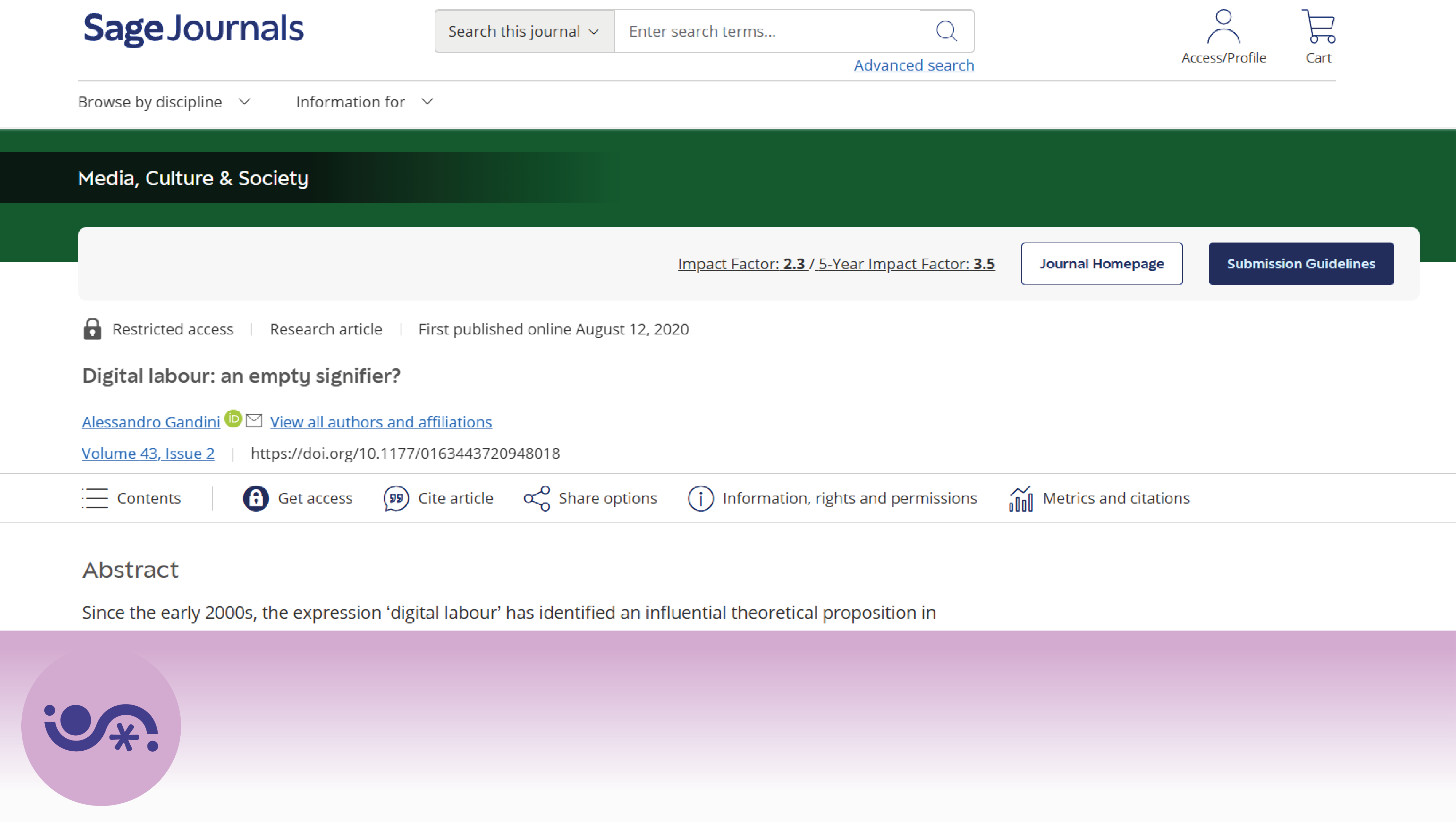The March edition of our Midweek Conversations series featured two engaging presentations. This month, we were delighted to host Victoria Ertelthalner, PhD candidate from LMU Munich and visiting researcher in our Department, alongside Luca Giuffré, PhD candidate at the University of Milan and member of MSMC.
Below, you’ll find the titles and abstracts of their fascinating work.
Newsroom Culture in Action- between stability & transformation – Adoption of AI-based tools and its consequences for journalistic practices
Veronica Ertelthalner
Journalism performs an essential function of information and orientation for society (Kovach & Rosenstiel, 2001) and thus enables social and political participation. Public service media in Germany are confronted with several challenges: The strengthening of alternative media and their actors (Strömbäck, 2023) and funding cuts to public service media (Schulz, 2024). The narrative of automation processes in journalism that are intended to increase efficiency and reduce costs (Beckett, 2019; Thurman et al., 2019) is spreading. Added to this, the further development of language models and their improved enables a better accessibility and applicability in journalistic production (Breazu & Katson, 2024; Pavlik, 2023).
Public service media such as BR are trying to deal with the challenges and may use the technical developments for their benefit, as well as developing new concepts for journalistic AI applications.
(RQ1) How is generative AI appropriated and negotiated within a news organization?
(RQ2) What role does newsroom culture (Brüggemann, 2011; Hanitzsch, 2007) as journalistic practice and its meaning, play in the appropriation and negotiation of generative AI?
(RQ3) What changes or stabilizations do the adoption and negotiation of generative AI tools trigger in terms of journalistic practices and product innovations?
The research is designed as a case study and follows an ethnographic approach, interviews, observation, and locality, which is theoretically anchored in actor-network theory (Akrich, 2006; Callon, 2006; Latour, 1998, 2005) and a practice theoretical approach (Reckwitz, 2003).
Practical digital literacy: Uncovering teenagers’ practical reasoning in everyday social media consumption
Luca Giuffré
Teenagers’ growing social media use is among the main matters of concern in contemporary societies. The growing screen time and the emergence of problematic usages spread moral panics towards news media and parents. Hence, the education system is now called to prepare the younger generation in assimilating sets of competencies to achieve the so-called digital literacy. However, in the last two decades, the vast majority of such perspectives tended to be top-down and usually envisaging discrete skillsets. Whereas on the one hand, these approaches are fundamental to guaranteeing standardizability in large-scale projects; on the other hand, practices and reasonings behind digital experiences are oftentimes overlooked. I therefore argue that digital literacy studies would greatly benefit from what I conceptualised as practical digital literacy, namely the interiorised knowledge guiding young people throughout social media content consumption. The theoretical framework adopted to this purpose is built on the great heritage of practice theories, especially the apparatus of Pierre Bourdieu.
The empirical strategy is characterised by a computational analysis of content consumed by teenagers on TikTok to investigate relevant patterns in both content (i.e. TikTok videos) and interactions (i.e. comments). Moreover, a set of Italian high schools have been involved to explore students’ discourses and narratives about social media everyday life. The sample also filled in a survey that is analysed through multiple correspondence analysis to explore whether and to what extent consumption practices are derived from individual and contextual factors. The purpose of the presentation is to report the early findings of this very last analysis.

